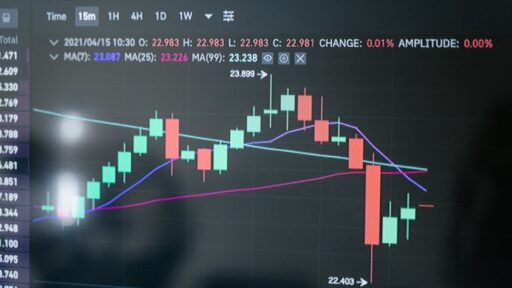The Impact of Raising Minimum Wage: A Comprehensive Analysis
In the global landscape, minimum wage laws serve as a safeguard for workers, yet they vary significantly across regions, creating a complex operational environment. This article delves into the diverse perspectives on raising minimum wage, examining the pros and cons from economic, business, and societal viewpoints.
Economic Implications
Raising minimum wage has profound effects on economic dynamics. On one hand, higher wages can boost consumer spending, driving economic growth. Employees with increased disposable income tend to spend more on essential and luxury items, stimulating market demand. On the other hand, businesses may face increased operational costs, which could lead to higher prices for goods and services.
Business Considerations
For businesses, particularly small enterprises, increased wages can intensify financial pressures. Companies might need to adjust their budgets, potentially reducing hiring capabilities or shifting investments away from research and development. These challenges are particularly pronounced for businesses operating on tight margins, where wage increases could impact their long-term viability.
Impact on Employment
From an employment perspective, raising minimum wage can have mixed outcomes. While it may reduce turnover and improve employee morale, it might also lead to job cuts or increased automation as companies seek to manage costs. Young workers or those in entry-level positions might face reduced opportunities if businesses opt to hire fewer employees or relocate jobs to regions with lower wage requirements.
Social and Ethical Considerations
Raising the minimum wage is often seen as a step towards reducing income inequality and providing better living standards for disadvantaged groups. It addresses issues of fairness and social justice, offering a potential pathway for individuals to improve their quality of life. However, it also requires careful consideration of potential unintended consequences, such as increased unemployment or inflation.
Conclusion
The decision to raise the minimum wage is complex, involving a balance of economic, business, and social factors. While it can enhance employee satisfaction and economic growth, it also poses challenges that require strategic management. Ultimately, businesses must weigh these factors to determine the best course of action for their specific circumstances.





